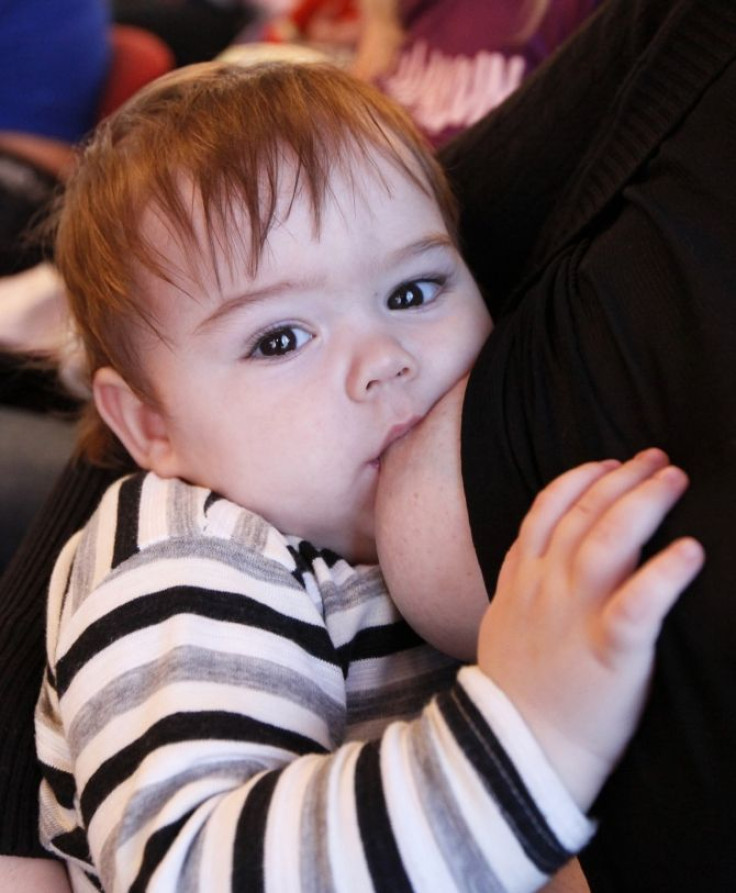Breast Milk Antibodies that Help Neutralize HIV Isolated

Researchers have now isolated antibodies in mother’s milk that can protect the infant from being affected by HIV.
Only one in every 10 HIV infected women is known to transmit the virus.
An earlier research had said that exclusive breast feeding by women who were infected with HIV does not reduce the progression of AIDS or other type of illnesses in infants.
"That is remarkable, because nursing children are exposed multiple times each day during their first year of life. We are asking if there is an immune response that protects 90 percent of infants, and could we harness that response to develop immune system prophylaxis (protection) during breastfeeding for mothers infected with HIV-1,” said Dr. Sallie Permar, assistant professor of pediatrics and infectious diseases at Duke and senior author of the study.
The Centers for Disease Control and Prevention recommends HIV mothers not to breast feed their babies.
Researchers in the present study say that their study can pave way for a new way to approach in making a vaccine against HIV.
"Our work helped establish that these B cells in breast milk can produce HIV-neutralizing antibodies, so enhancing the response or getting more mucosal B-cells to produce those helpful antibodies would be useful, and this is a possible route to explore for HIV-1 vaccine development," Permar said.
"This is important work that seeks to understand what a vaccine must do to protect babies from mucosal transmission during breastfeeding. The antibodies isolated are the first HIV antibodies isolated from breast milk that react with the HIV-1 envelope, and it important to understand how they work to attack HIV-1,” said Dr. Barton Haynes, co-author and a national leader in HIV/AIDS research.
"We're excited about this finding because the immune cells in mucosal compartments can cross-talk and traffic between compartments. So the antibodies we found in breast milk indicate that these same antibodies are able to be elicited in other tissues,” Permar said.
World Health Organization recommends HIV positive women not to breastfeed their infants. In absence of other safe and sustainable replacement for feeding the infant, it recommends that women should breastfeed during the first few months.
"Successfully characterizing antibodies from such a fragile medium required global coordination and expertise across multiple fields and is a hopeful testament to the incredible amounts of work and leadership currently under way to fight this devastating disease," said first author James Friedman.
The study was published in PLoS One.



























